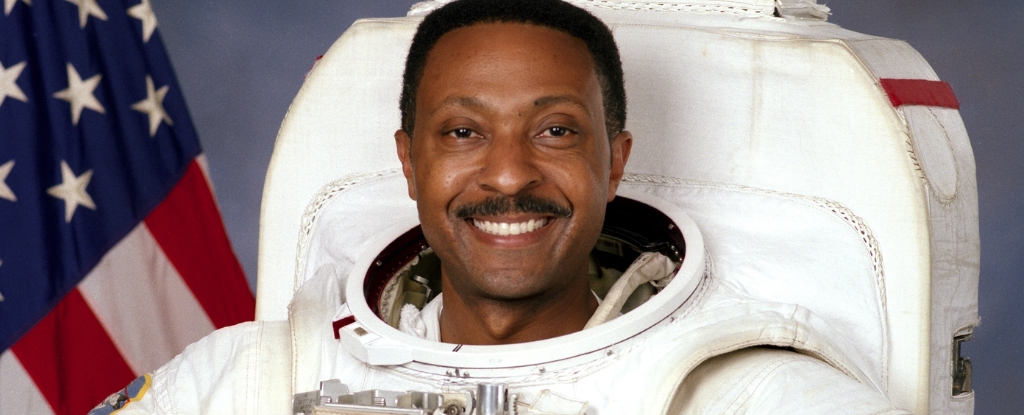
Winston Elliott Scott, a seasoned NASA astronaut, has experienced the wonders and challenges of space travel firsthand. At 75 years old, Scott reflects on his remarkable career, having participated in two shuttle missions in 1996 and 1997, which included three spacewalks and over 24 days in orbit. Now retired from NASA and the US Navy since 1999, Scott remains an influential figure in the space community.
Scott is part of a unique group of astronauts who have faced the perils of radiation, the effects of prolonged microgravity, and the intense forces of rapid acceleration. His insights provide a window into the physical and psychological impacts of space travel, an area of increasing interest as humanity looks to expand its presence beyond Earth.
Life After Space: A Journey of Reflection and Insight
In an exclusive interview with ScienceAlert’s Chris ‘Spo’ Esposito, Scott shared his experiences and the profound effects of space travel on the human body and mind. Despite the years since his last mission, Scott’s passion for space exploration remains undiminished. “Being in space is an incredible experience that changes you,” he remarked, emphasizing the unique perspective it provides on life and the universe.
Scott’s reflections are not just personal anecdotes but also contribute to a broader understanding of the long-term effects of space travel. As NASA and other space agencies plan for longer missions, including potential journeys to Mars, the health and well-being of astronauts are paramount concerns.
The Challenges of Space: Health and Safety Considerations
Space travel poses significant challenges to human health. Prolonged exposure to microgravity can lead to muscle atrophy and bone density loss, while radiation exposure increases the risk of cancer. NASA has been actively researching these issues, developing countermeasures to protect astronauts on future missions.
Scott’s experiences highlight the importance of these efforts. “NASA takes the health of its astronauts very seriously,” he noted, adding that ongoing research is crucial for ensuring the safety of those who venture into space.
“NASA takes the health of its astronauts very seriously.” — Winston Elliott Scott
Looking Ahead: The Future of Human Space Exploration
The insights provided by veteran astronauts like Scott are invaluable as humanity prepares for the next era of space exploration. With plans for lunar bases and manned missions to Mars, understanding the long-term impacts of space travel is more critical than ever.
Scott remains optimistic about the future, believing that the lessons learned from past missions will pave the way for safe and successful journeys beyond Earth’s orbit. “The challenges are great, but so are the rewards,” he said, underscoring the potential for discovery and advancement that space exploration holds.
As the space community continues to push the boundaries of what is possible, the experiences of astronauts like Winston Scott will serve as a guiding light, ensuring that the next generation of explorers is well-prepared for the adventures that await.
By the Numbers:
- Two shuttle missions
- Three spacewalks
- Over 24 days in orbit
For those inspired by Scott’s journey, ScienceAlert offers a chance to delve deeper into the world of space exploration. By subscribing to their Spark newsletter, readers can stay informed about the latest developments in space science and even enter for a chance to win a Space Coast adventure holiday in Florida.
Entries for the sweepstakes close at midnight on December 11, 2025, with the winner being randomly selected. As humanity continues to reach for the stars, the stories of astronauts like Winston Scott remind us of the incredible possibilities that lie ahead.






